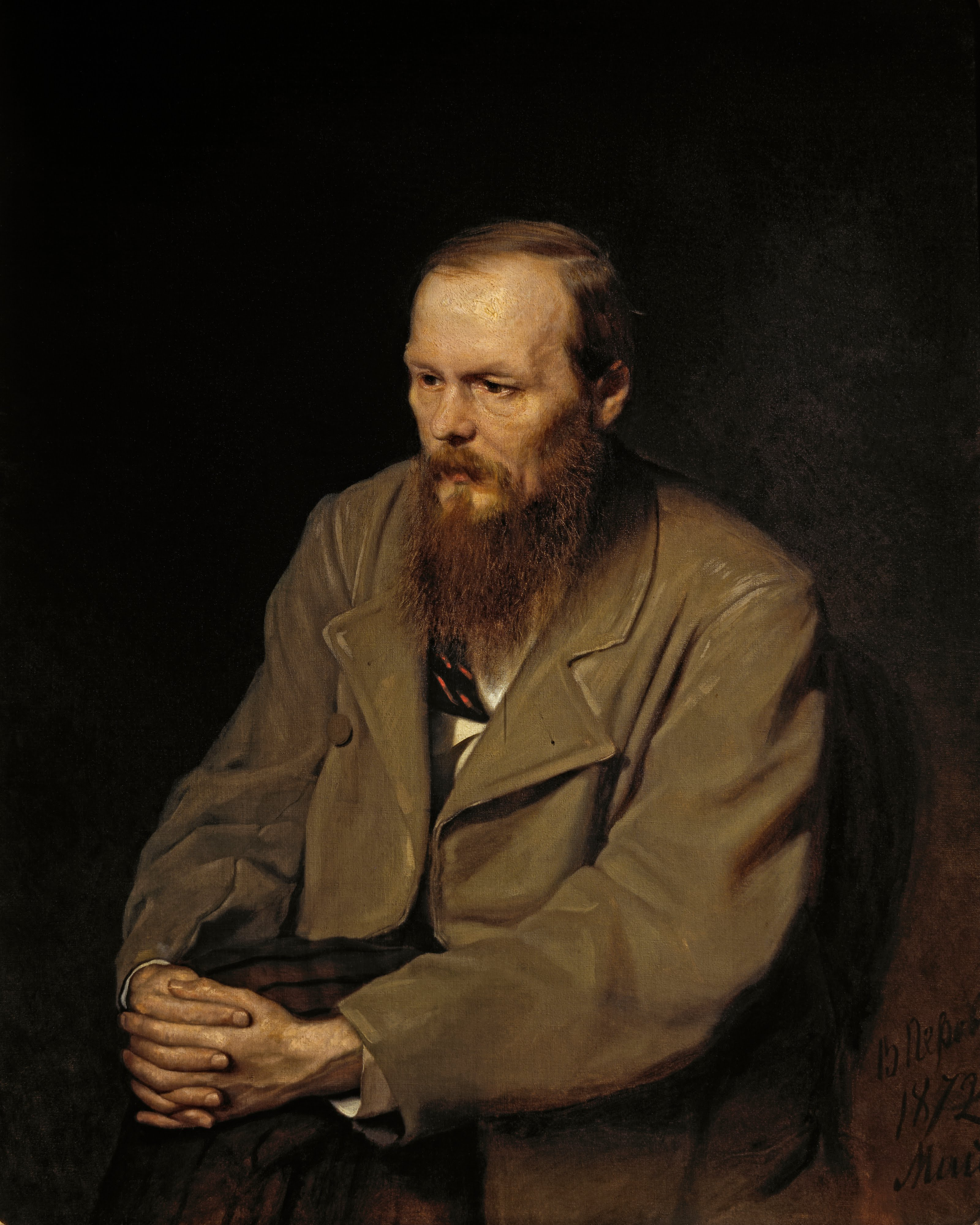Fjodor Mihajlovics Dosztojevszkij híres idézetei
Fjodor Mihajlovics Dosztojevszkij Idézetek az emberekről
Idézetek A Karamazov testvérek műből
Idézetek A Karamazov testvérek műből
ez a világ mostani tanítása. Éppen ebben látják a szabadságot. És mi az eredménye ennek a szükségletek növelésére irányuló jognak? A gazdagoknál az elkülönülés és a lelki öngyilkosság, a szegényeknél pedig – a gyűlölet és a gyilkosság, mert jogokat ugyan adtak nekik, de a szükségletek kielégítésének eszközeit még nem mutatták meg.
Idézetek A Karamazov testvérek műből
Fjodor Mihajlovics Dosztojevszkij idézetek
Puskin emlékbeszéd - 1880. június 8.
Aztán nyomban meg is keresztelték. Daskova hercegnő lett a keresztanyja, Potyomkin meg a keresztapja...
Idézetek A Karamazov testvérek műből
Idézetek A Karamazov testvérek műből
Idézetek A Karamazov testvérek műből
Fjodor Mihajlovics Dosztojevszkij: Idézetek angolul
Book XI, ch. 4 (trans. Pevear and Volokhonsky)
The Brothers Karamazov (1879–1880)
“Do a man dirt, yourself you hurt.”
Crime and Punishment (1866)
A Writer's Diary, Volume 1: 1873-1876 (1994), p. 734 http://books.google.com.br/books?id=38xQHS4h0yEC&printsec=frontcover&hl=pt-BR&source=gbs_ge_summary_r&cad=0#v=onepage&q&f=false
“Who consciously throws himself into the water or onto the knife?”
The Idiot (1868–9)
Part 2, Chapter 9 (pages 108-109)
Notes from Underground (1864)
“Man grows used to everything, the scoundrel.”
Crime and Punishment (1866)
“If not reason, then the devil.”
Crime and Punishment (1866)
“If they drive God from the earth, we shall shelter Him underground.”
The Brothers Karamazov (1879–1880)
The Brothers Karamazov (1879–1880)
Part 1, Chapter 7 (page 20)
Notes from Underground (1864)
Part 1 Chapter 3 (page 14)
Notes from Underground (1864)
Forrás: The Dream of a Ridiculous Man (1877), V
“Russia was a slave in Europe but would be a master in Asia.”
As quoted in "Dilemmas of Empire 1850-1918: Power, Territory, Identity" by Dominic Livien in Journal of Contemporary History, Vol. 34, No.2 (April 1999), pp. 180
“Nothing in this world is harder than speaking the truth, nothing easier than flattery.”
Crime and Punishment (1866)
“It's easier for a Russian to become an atheist than for anyone else in the world.”
Part 4, Chapter 7 http://books.google.com/books?id=WuAKAQAAMAAJ&q="It's+easier+for+a+Russian+to+become+an+atheist+than+for+anyone+else+in+the+world"&pg=PA548#v=onepage
The Idiot (1868–9)
The Brothers Karamazov (1879–1880)
The Brothers Karamazov (1879–1880)
Part 1, Chapter 7 (page 23)
Notes from Underground (1864)
The Brothers Karamazov (1879–1880), The Grand Inquisitor
The Brothers Karamazov (1879–1880), The Grand Inquisitor
The Brothers Karamazov (1879–1880), The Grand Inquisitor
Forrás: The Dream of a Ridiculous Man (1877), V
All the righteous, all the saints, all the holy martyrs were happy.
Book II, ch. 4 (trans. Constance Garnett)
General, The Brothers Karamazov (1879–1880)
Forrás: General, The Dream of a Ridiculous Man (1877), I

